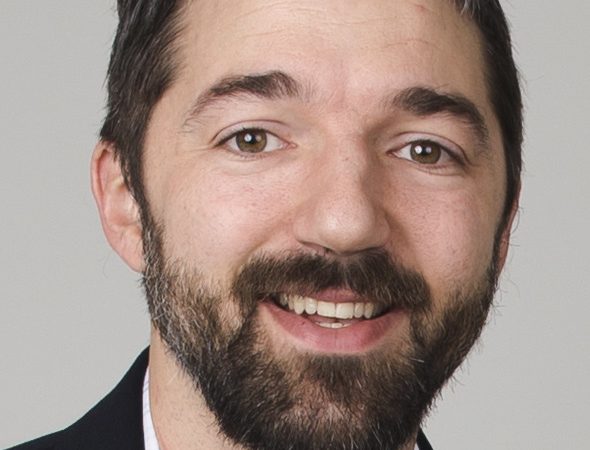
THIBODEAUX, Christopher
Regular Researcher christopher.thibodeaux@mcgill.ca Research interests: Our research applies a diverse set of experimental tools spanning the realms of biochemistry, analytical chemistry, biophysics, molecular biology, and bioinformatics to study the biosynthesis of antimicrobial natural products and the biological processes that contribute to bacterial virulence and pathogenesis. >> See Web Page
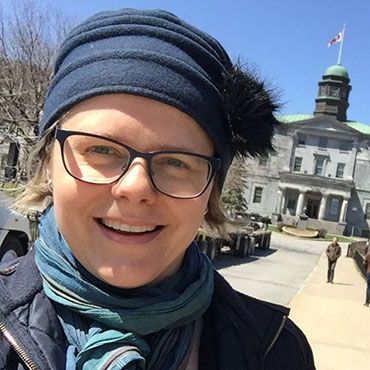
MOORES, Audrey
Department of Chemistry, McGill University Regular Researcher Since 2007, my research group in the Department of Chemistry at McGill University works at the interfaces between the fields of material chemistry, coordination chemistry and organic synthesis. We conduct research in the domains of catalysis using both the heterogeneous and homogeneous approaches and more sustainable nanoparticle synthesis. We have

MOITESSIER, Nicolas
Department of Chemistry, McGill University Regular Researcher Moitessier received his undergraduate training and his Ph.D (1998) from Université Henri Poincaré-Nancy I (France) under the guidance of Dr. Yves Chapleur (carbohydrate chemistry) working in close collaboration with a theoretical chemistry group (Dr. Maigret). His PhD was followed by post-doctoral studies with Prof. Shephen Hanessian (1998-2000, medicinal

MCKEAGUE, Maureen
Department of Chemistry, McGill University Regular Researcher Maureen McKeague is an Associate Professor at McGill University with joint appointments in the Departments of Chemistry and Pharmacology & Therapeutics. Her research focuses on nucleic acid chemistry, biosensors, and green toxicology, with an emphasis on developing RNA and DNA tools for sustainable detection of environmental contaminants, real-time
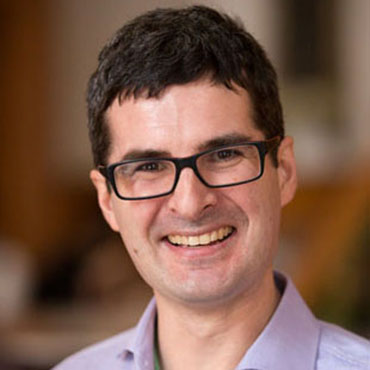
MCCALLA, Eric
Department of Chemistry, McGill University Regular Researcher The group works in the design of both electrode and electrolyte materials for advanced batteries with both improved performance and a reduced environmental impact. Key Words : solid-state chemistry, electrochemistry, materials for advanced batteries, high-throughput synthesis, X-ray diffraction Address : Department of Chemistry McGill University 801 Sherbrooke St.
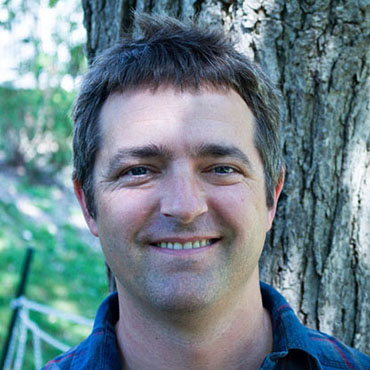
LUMB, Jean-Philip
Department of Chemistry, McGill University Regular Researcher Organic molecules play an integral role in human health and well-being. Their production is also intimately linked to the earth’s carbon cycle, and affects many of humanity’s most pressing challenges, including the changing climate. Improving the properties of existing chemicals, while also increasing the sustainability of their production
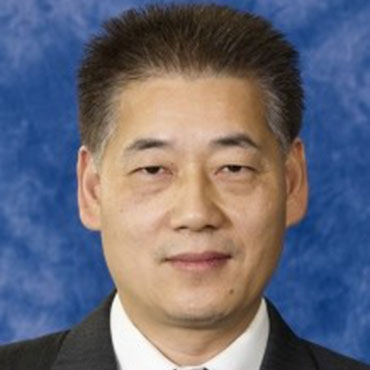
LI, Chao-Jun
Department of Chemistry, McGill University Regular Researcher Explore new catalytic reactions that have high atom-efficiency in water and other cleaner media, and to transform these reactions into general synthetic tools for synthesizing biologically important compounds and organic materials in a cost-effective and environmentally friendly manner. Representative researches include the aldehyde-alkyne-amine coupling (A3-Reaction), the Cross-Dehydrogenative Coupling

LEGARE, Marc André
Department of Chemistry, McGill University Regular Researcher
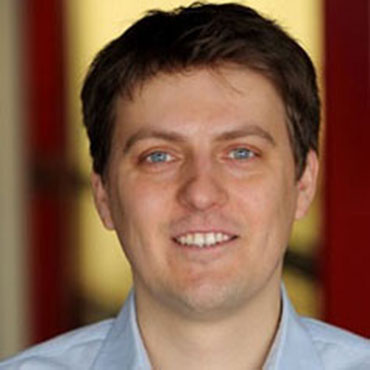
KOPYSCINSKI, Jan
Chemical Engineering, McGill University Regular Researcher The Catalytic Process Engineering (CPE) laboratory is engaged in the development and understanding of heterogeneous catalyzed processes and reactor engineering concepts dedicated to sustainable energy conversion technologies. For example, we focus on thermo-catalytic and plasma-catalytic conversion of CO2, CH4 and N2 into value-added chemicals. Key Words : heterogeneous catalysis,
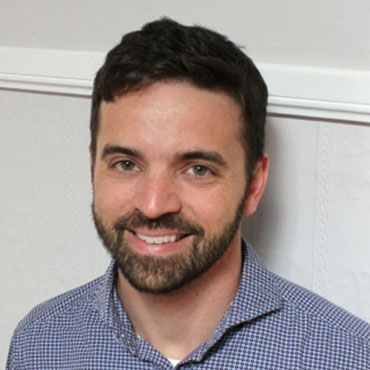
HARRINGTON, Matthew
Department of Chemistry, McGill University Regular Researcher Our group believes that nature has something to teach humans about how to make better materials in a more sustainable way. Living organisms rapidly fabricate a range of high performance biopolymeric materials from biomolecular building blocks (e.g. proteins) via green bottom-up assembly processes. These materials provide important role

